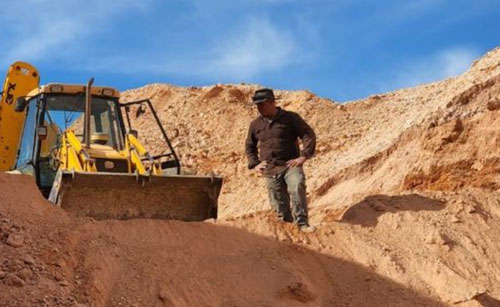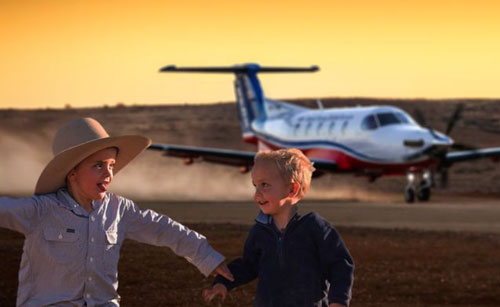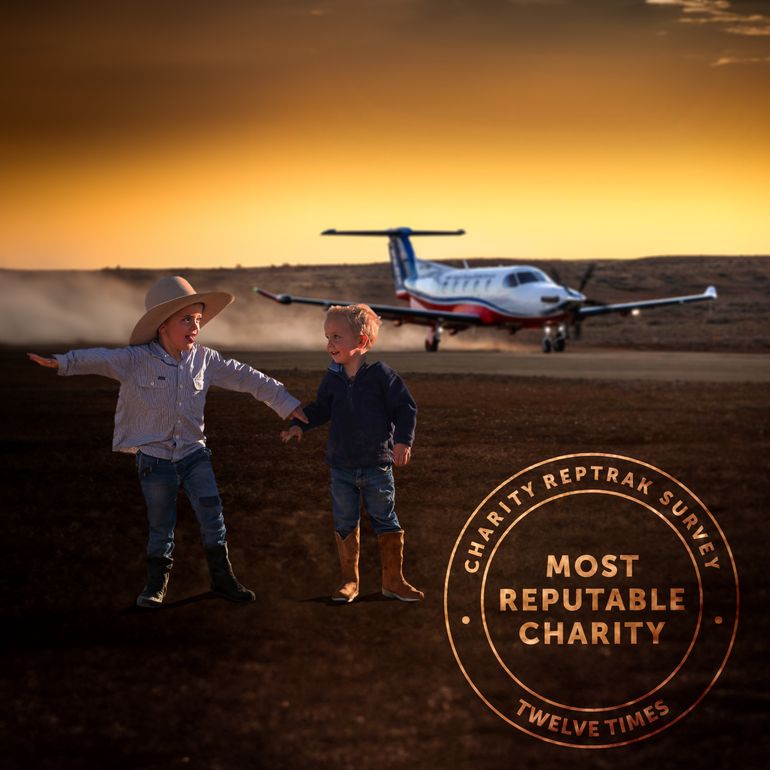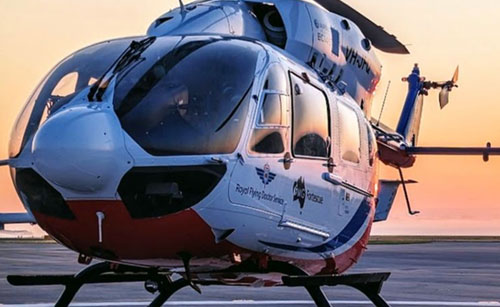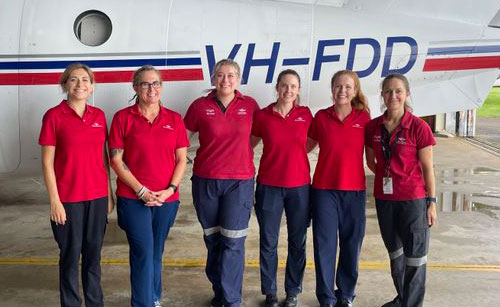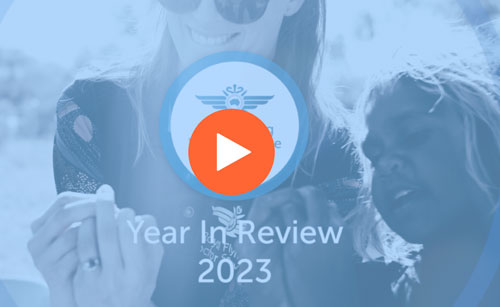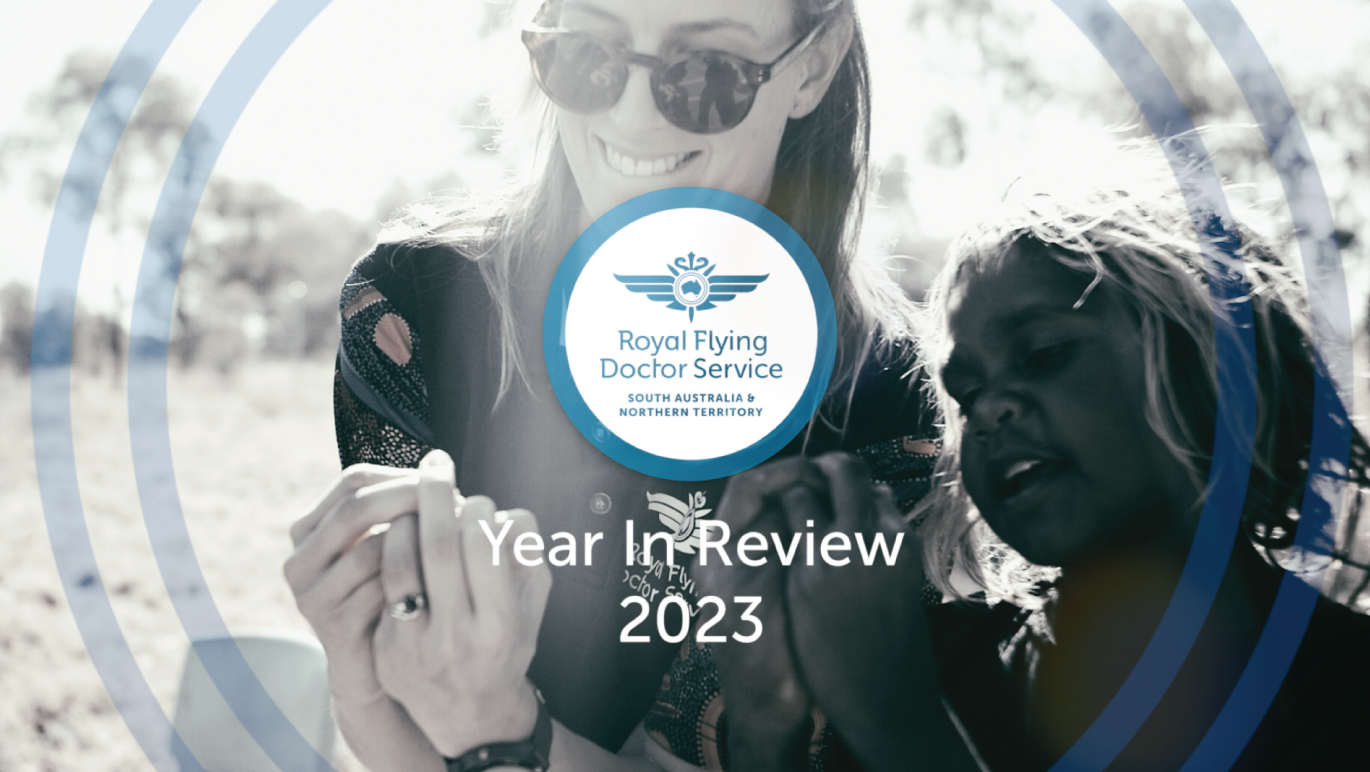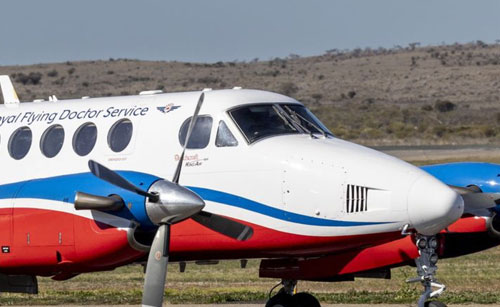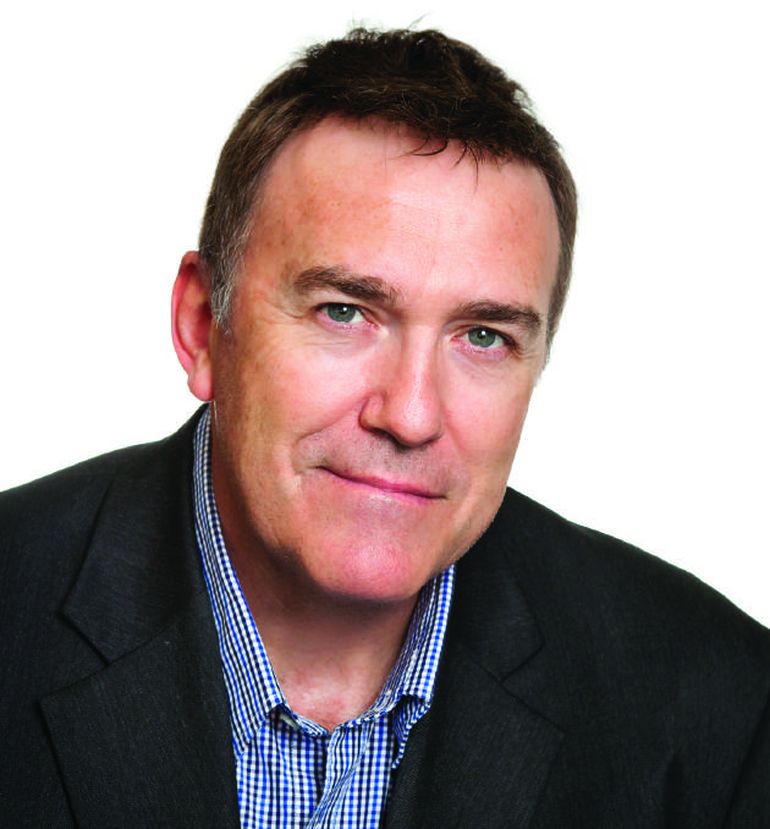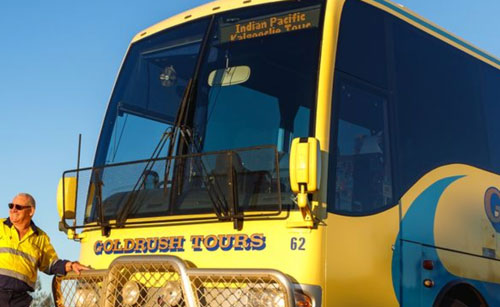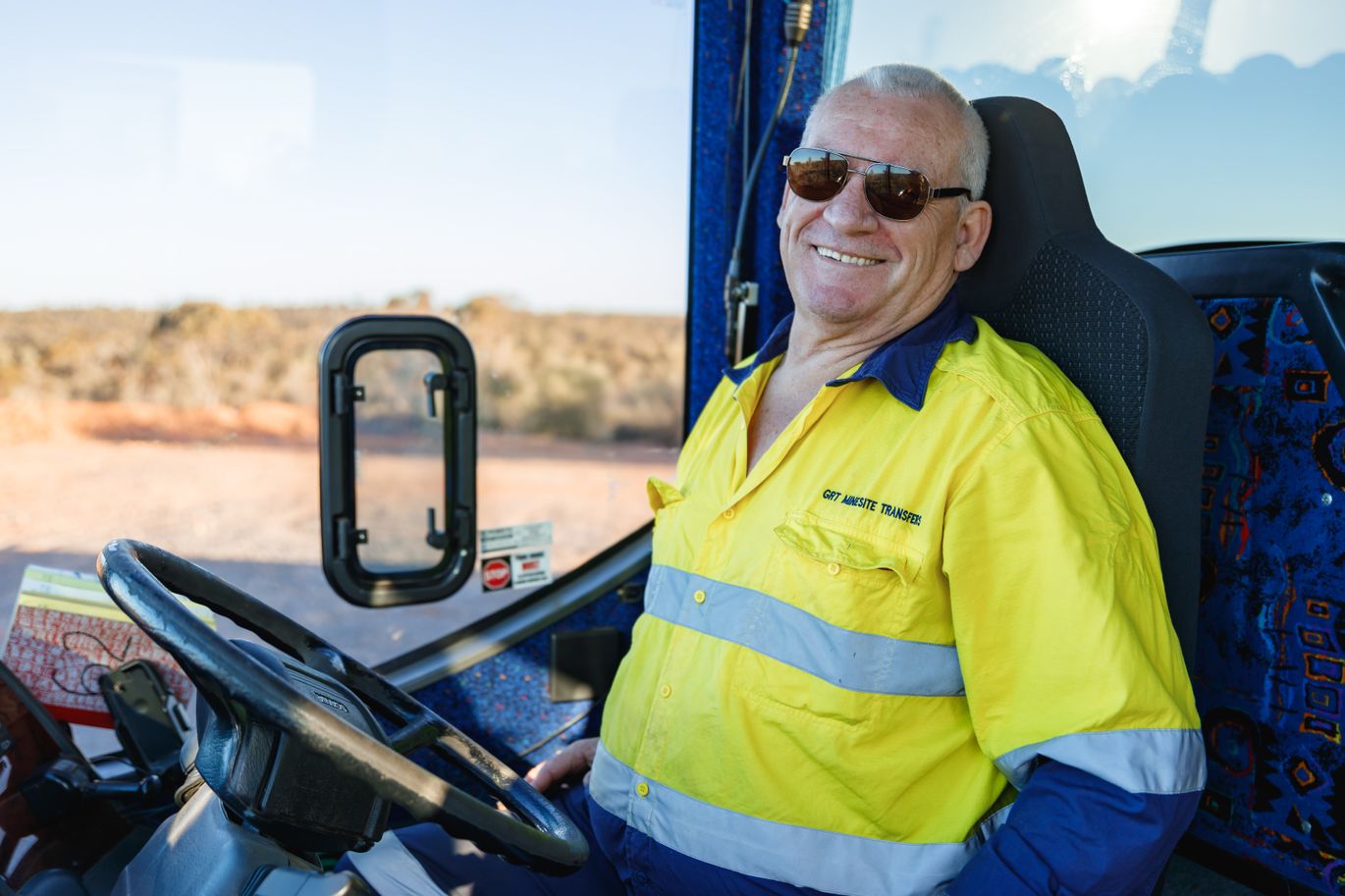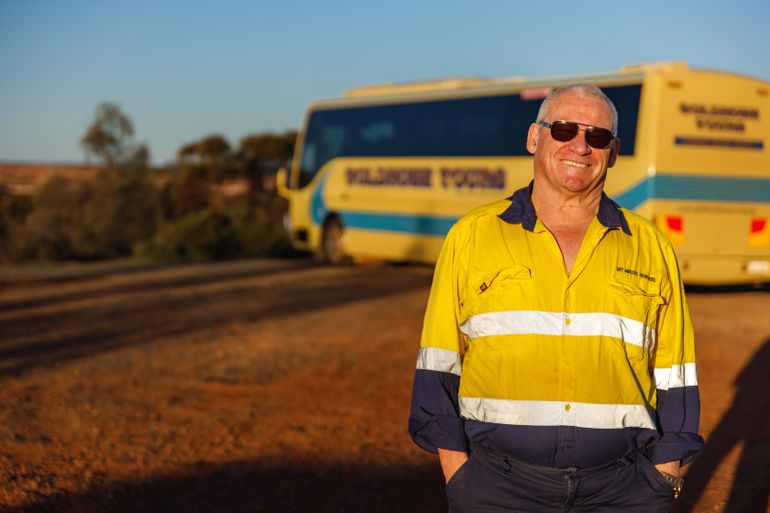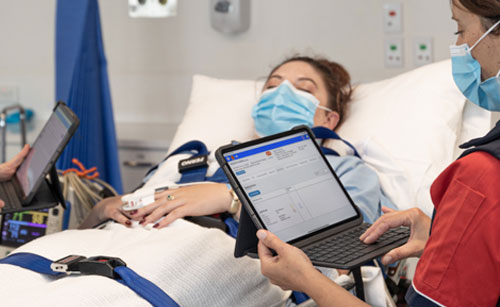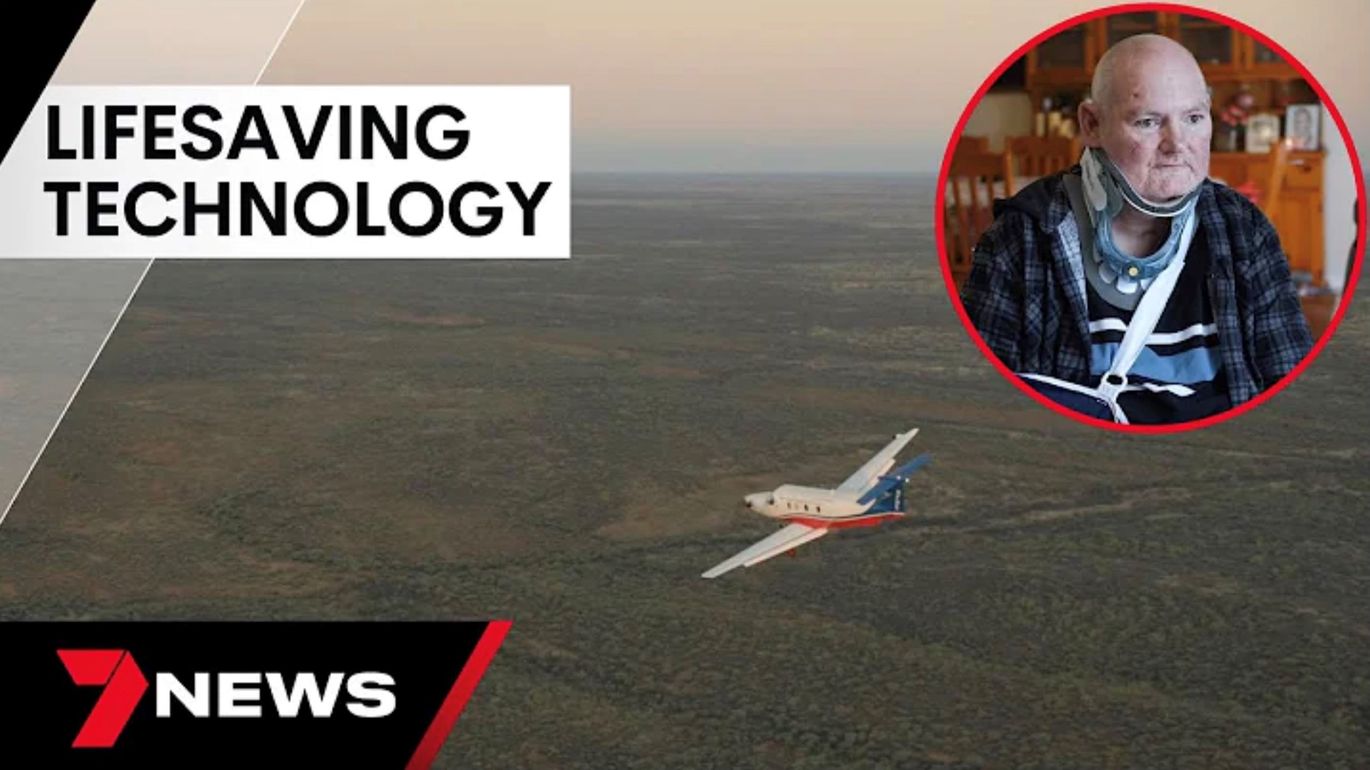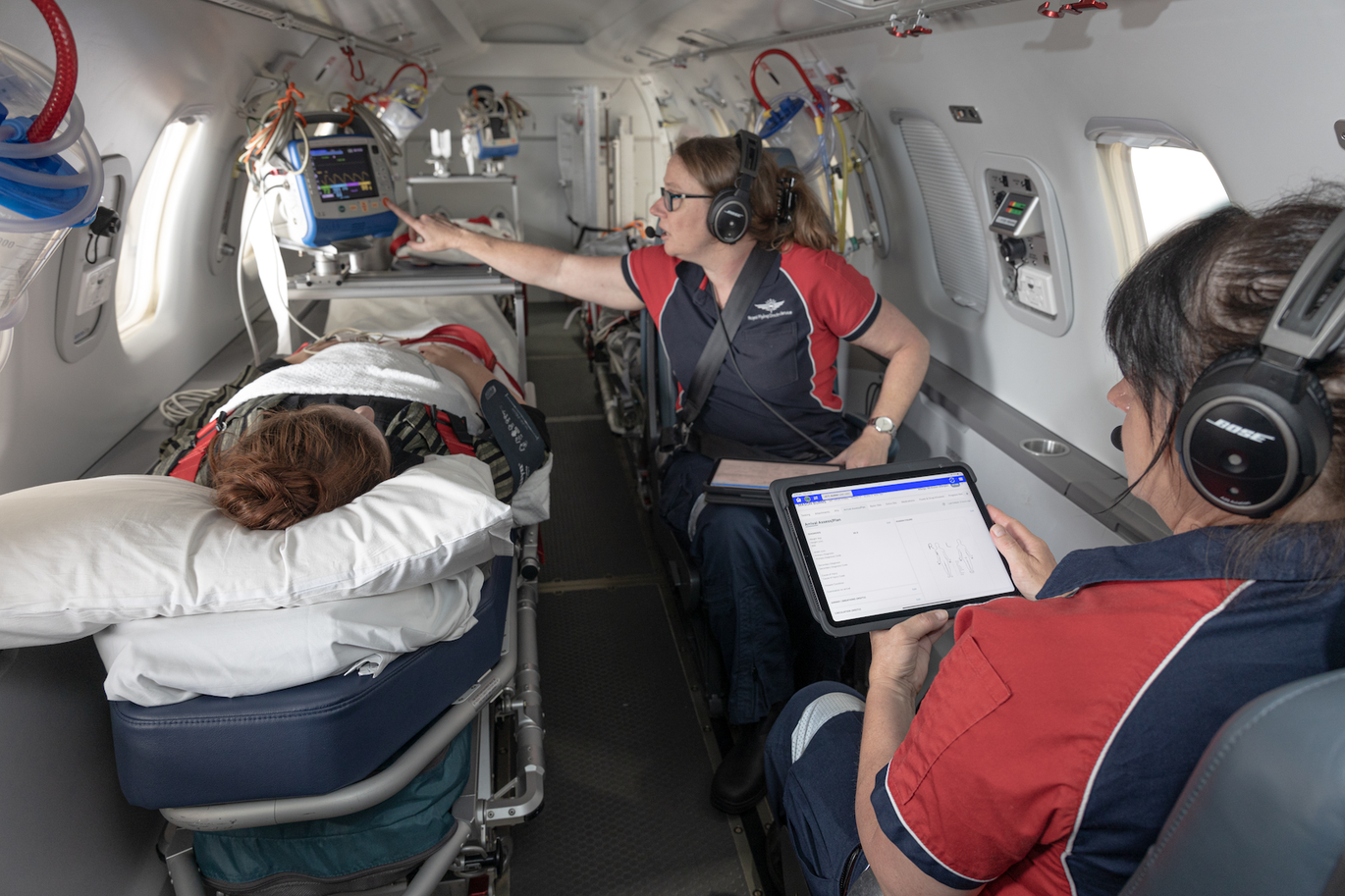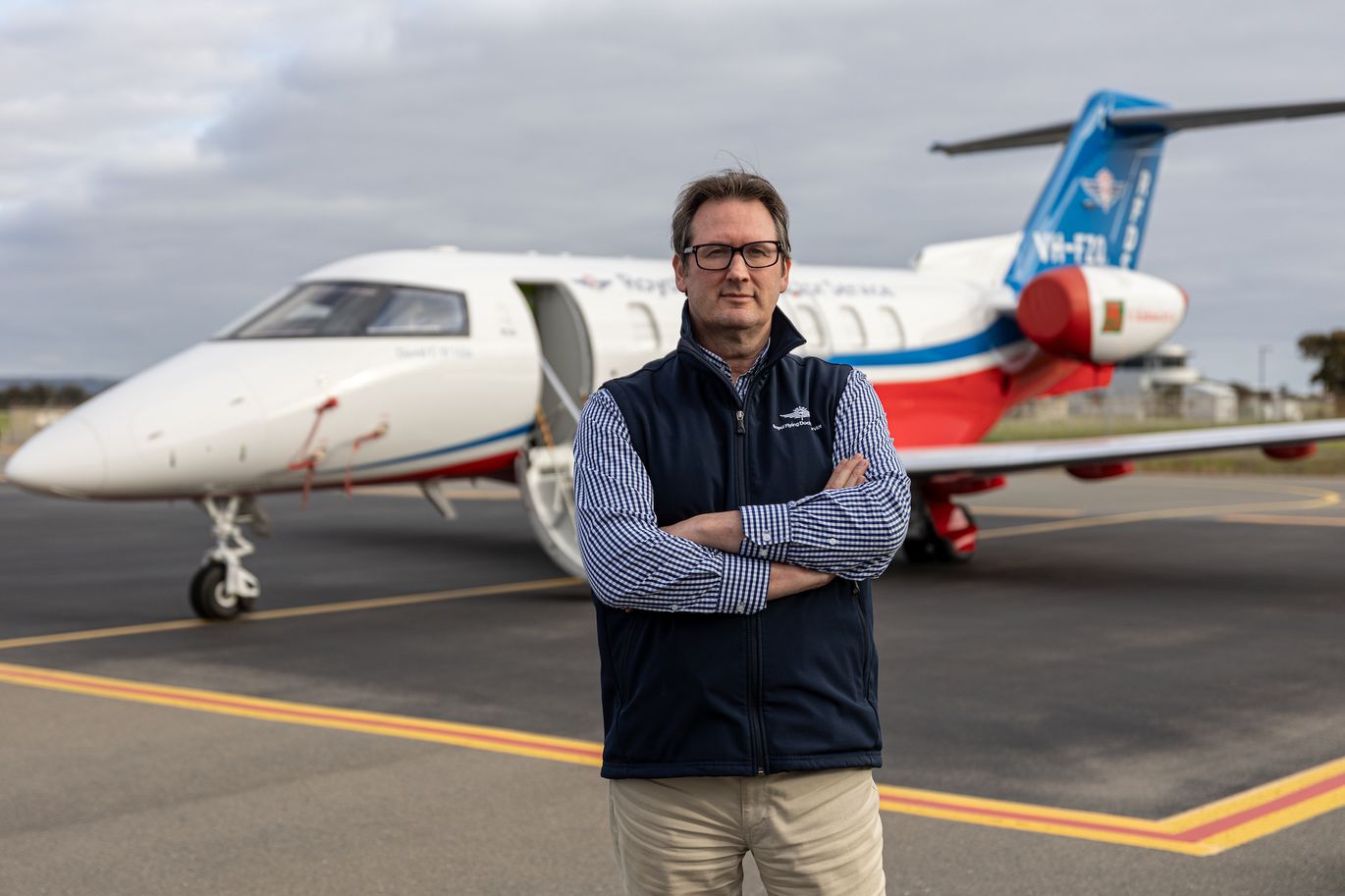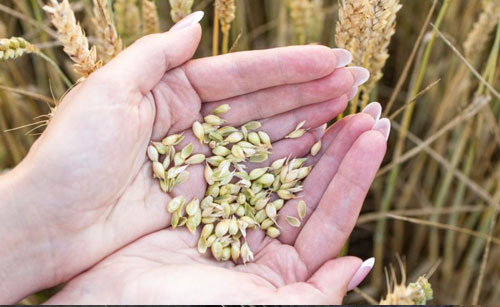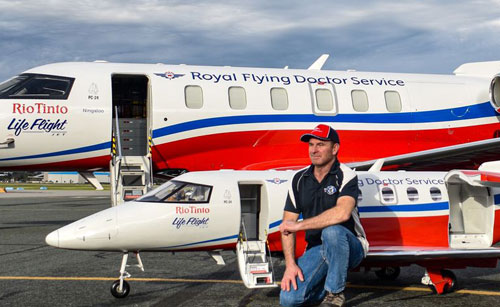Article supplied by RFDS
In this gripping episode of The Flying Doctor Podcast, we hear the harrowing tale of Dan Hammoud, an opal miner and concreter from Monash, South Australia, who narrowly escaped death after falling into a 22-meter-deep mine shaft near Coober Pedy.
Despite the odds stacked against him, Dan’s survival story is a testament to resilience, community, and the vital role of services like the Royal Flying Doctor Service.
The story highlights the challenges and dangers of being trapped in a remote location with serious injuries and limited resources.
Dan’s resourcefulness, resilience, and quick thinking played a crucial role in his survival.
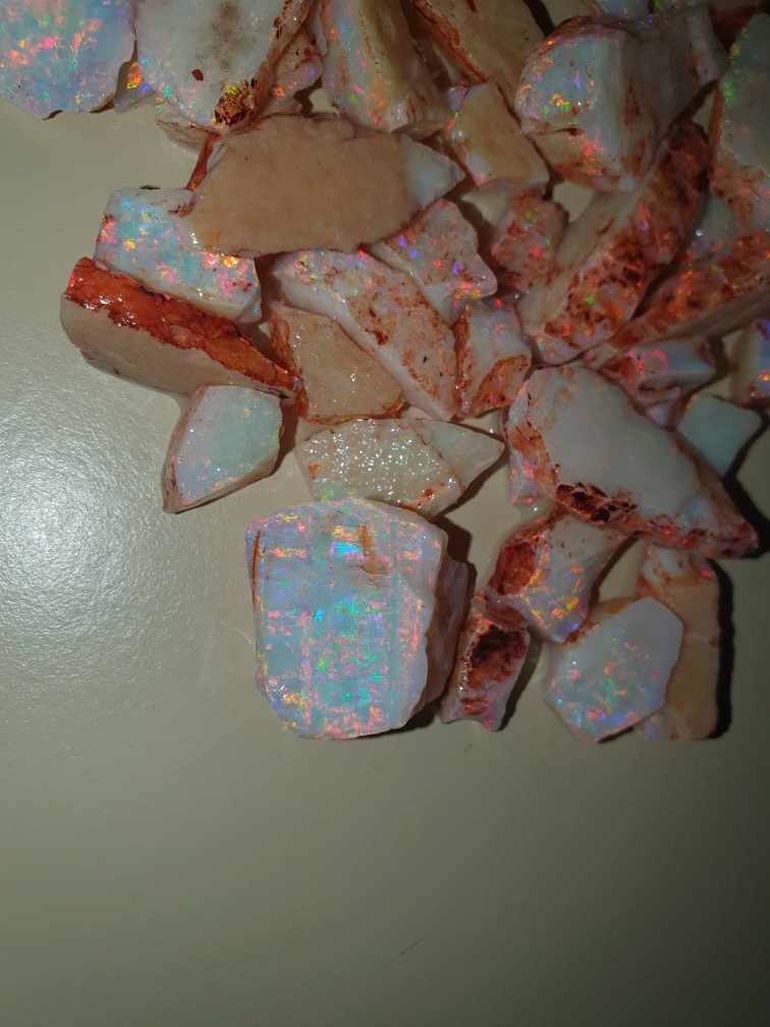
For Dan, opal mining is more than just a hobby – it’s a way of life. He describes it as a release, a way to escape the monotony of everyday life and be stimulated by the challenges and excitement of mining.
Despite the dangers of mining in a remote and harsh environment like Coober Pedy, Dan finds solace in the solitude and adventure that comes with the territory.
The incident occurred when Dan, out blacklighting for opals at night, accidentally stepped into a deep mine shaft, plummeting 22 meters into darkness.
With a broken femur and arm, Dan found himself trapped at the bottom of the shaft, alone and without water for nearly 24 hours.
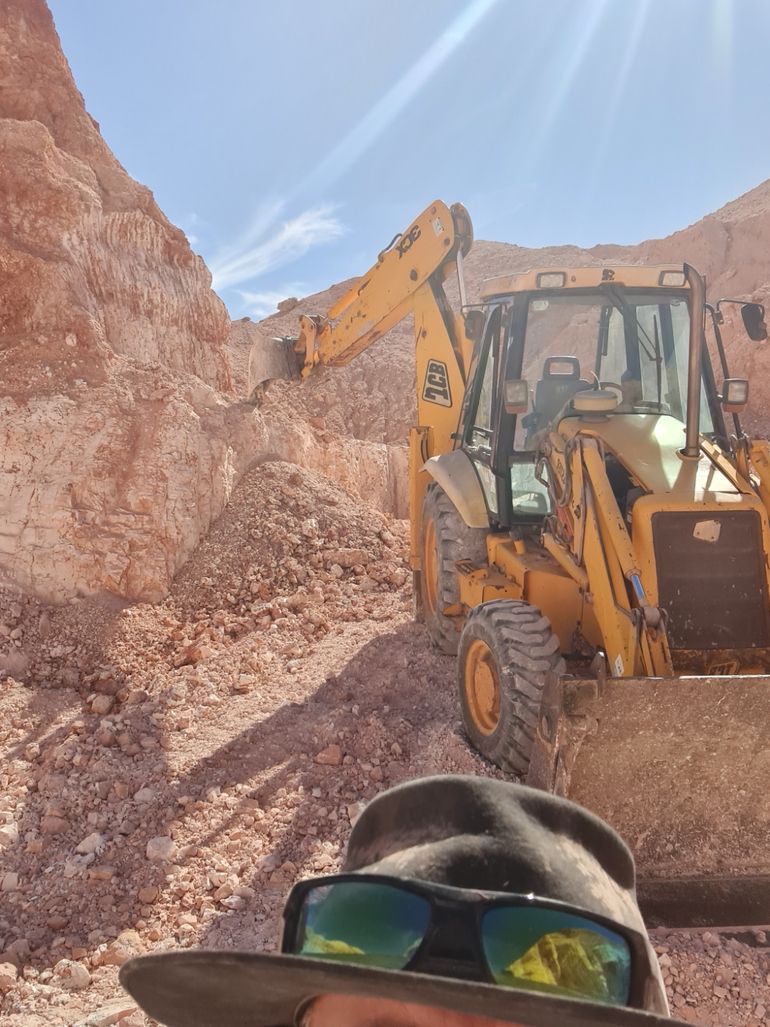
The Royal Flying Doctor Service played a crucial role in Dan’s survival, airlifting him to Adelaide for urgent medical care.
Dan’s rescue, however, was not without its challenges, highlighting the difficulties of accessing medical assistance in remote areas.
Dan’s story has prompted discussions within the mining community about the importance of safety protocols and the need for greater awareness of the risks associated with opal mining.
While opal mining is undoubtedly a rewarding pursuit, it also carries inherent dangers that cannot be ignored.
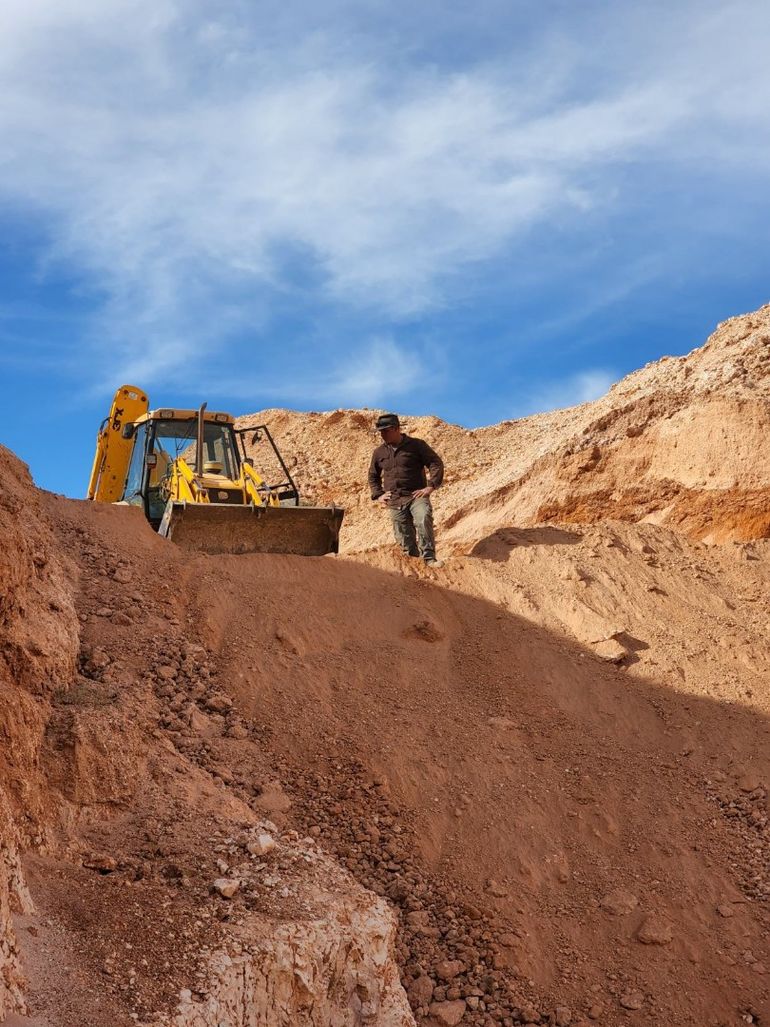
One of the key lessons from Dan’s experience is the importance of never becoming complacent when working in high-risk environments.
Dan’s advice to always be aware of one’s surroundings and to avoid taking unnecessary risks resonates strongly with fellow miners, who recognize the need for heightened vigilance in the field.
Moreover, Dan’s emphasis on the value of having a companion when exploring the opal fields underscores the importance of looking out for one another’s safety.
In remote regions where help may be hours away, having a partner can mean the difference between life and death.
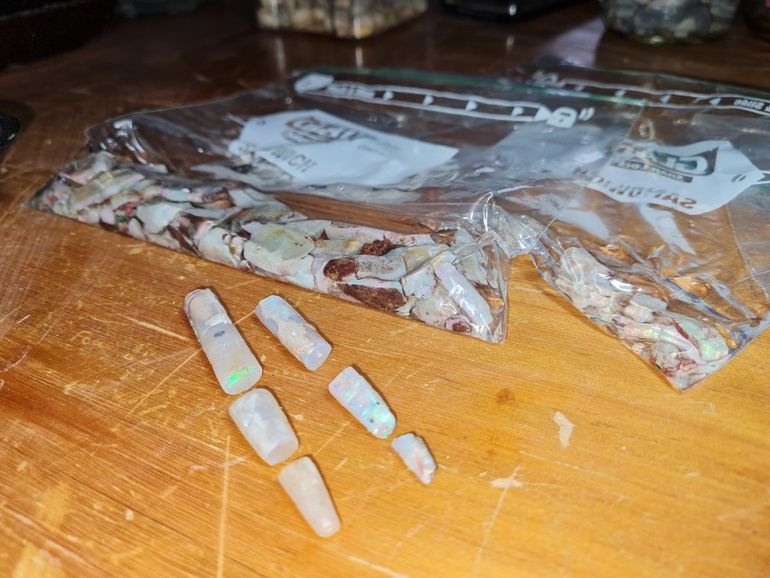
As Dan continues his recovery, his story serves as a cautionary tale for miners everywhere.
While the allure of opal mining may be irresistible, it is essential to prioritize safety above all else.
Dan’s brush with death serves as a sobering reminder of the fragility of life and the importance of taking every precaution to ensure a safe return home.
In conclusion, Dan Hammoud’s near-death experience has sparked important conversations within the mining community about the need for greater safety awareness and precautions.
His story serves as a wake-up call for miners to prioritize safety and vigilance in their pursuit of precious gems.
As the mining community comes together to reflect on Dan’s ordeal, there is hope that his experience will lead to positive changes that prevent similar accidents in the future.
If you haven’t listened to the episode yet, head over to The Flying Doctor Podcast and give it a listen. And don’t forget to share this inspiring story with your friends and family!
Renew your ASIC card with Aviation ID today!


